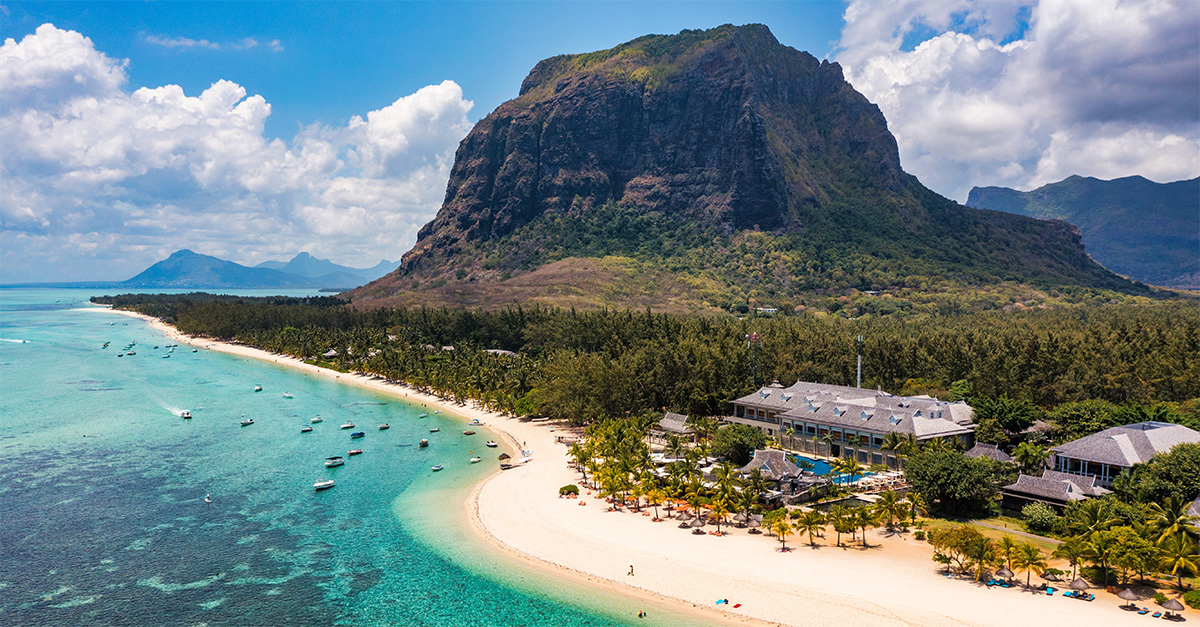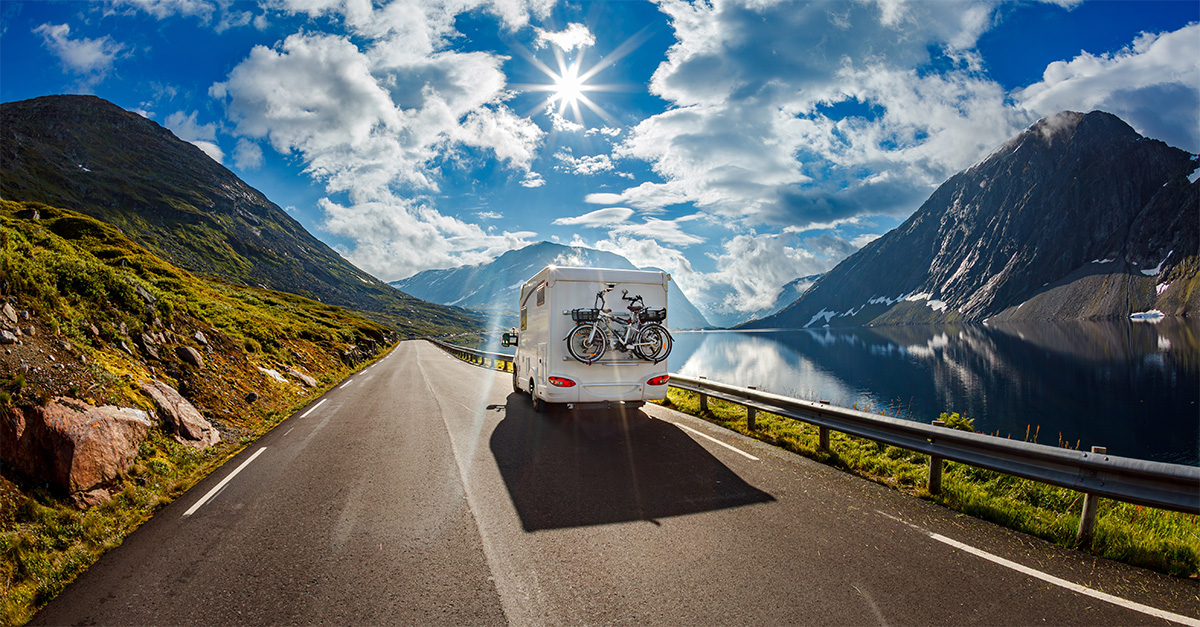Can responsible tourism be reconciled with flying? Industry lobby group Tourism Concern hosted a debate on whether the gains for developing countries outweigh the impact on climate. Ian Taylor reports
Tourism contributes 10% to the world’s GDP and considerably more in developing countries where it can be the
biggest sector of the economy, so any reduction in flying must come at a cost.
Environmental groups often argue that is a price that has to be paid, while industry advocates point out air travel is far from the biggest contributor to climate change and brings benefits that economies would otherwise miss.
Lobby group Tourism Concern brought the two together to debate at its annual general meeting in September.
Travel Foundation chairman and former managing director of British Airways Holidays Roger Heape agreed not every trip has merit. “If you travel to the Antarctic there is a high risk of degradation to the environment and no population to benefit,” he said.
“But tourism contributes 40% of the GDP in the Seychelles and 30% in Barbados. How do you work out the balance of pain and gain?
“Rich nations have been the biggest contributors to global warming. Is it fair we visit our sins on developing countries
by stopping flying to them?”
Former Oxfam fundraising director Sam Clarke, chairman of campaign coalition Stop Climate Chaos, said: “We do not want to abandon tourism – we want to share the limits to it.
“Climate change is not good news for tourists or the inhabitants of poorer countries. This is a human rights issue and tourism pampers to the relatively rich.”
Sustainable tourism consultant Carey Newson asked: “How will we reduce emissions if a trip to the Caribbean is a seasonal pick-me-up rather than the trip of a lifetime?
“The UK is talking about an 80% reduction in emissions and flying is the fastest growing source. Long-haul flying represents 3% of trips, but 17% of emissions. By 2050, flying could take up most of the UK’s carbon budget.”
She added: “Just 6% of flying involves people in [lower income] groups D and E. It is not a fantastic [social] leveller.”
New Economic Foundation researcher on climate change Victoria Johnson argued: “The benefits of tourism are overstated. Much of tourism spending leaks out of destinations.”
Consultant and former deputy director of the St Lucia Tourist Board Felix Finisterre agreed there is a need to redistribute the benefits. “The terms of trade in tourism are imbalanced,” he said. “In St Lucia, 30% of workers earn below the taxable income. But that is not the debate. To lose the UK market would be disastrous.
“The Caribbean is the most tourism-dependent region in the world – accounting for one million jobs. We do not contribute what the developing countries do to climate change.
“St Lucia once had a powerful banana industry, but production has gone from nine million to 40,000 tonnes a year. Now our lives depend on tourism.
“Without a vibrant tourism industry there would be social chaos. There would be a loss of jobs, particularly among women. It would lead to over-farming, over-fishing, a denuded environment and loss of biodiversity.”
Finisterre dismissed the suggestion that Caribbean islands focus on local tourism markets. “Tourism within the region does not bring foreign currency. We have to work with established air routes and go where we can get yield,” he said.
Heape agreed, saying: “I’m not a climate-change denier. I think global warming will be faster than most models predict. But how do you measure the benefit of tourism against damage to the environment? Everybody is missing their targets at the moment. Why pick on developing countries that depend on tourism?”
Clarke replied: “We want to pick on carbon and find a solution that affects everyone equally.”
The Tourism Concern audience voted 35-23 in favour of the gains from tourism outweighing the damage. But what do you think? Email ian.taylor@rbi.co.uk.
resptourwtm08



